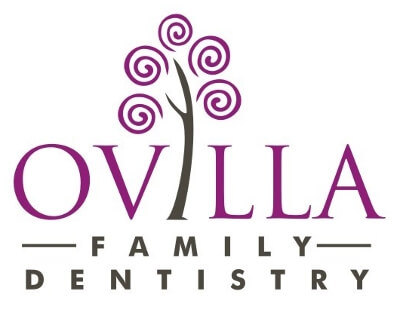Home > Articles Templates
Healthy Smiles
10/1/2016 Margaret Shaw, DDS, PA

Healthy Habits for a Healthy Smile
October is National Dental Hygiene Month, so there is no better time to emphasize why your oral hygiene habits are vital to your overall health. Healthy gums and teeth have benefits that go far beyond fresh breath and a great smile. It may surprise you to learn that numerous studies link periodontal (gum) disease to heart disease, stroke, and even Alzheimer’s. Essentially, the way you treat your mouth affects the rest of your body.
In light of these studies we should ask, "What can I do to achieve good oral health?” The single most important thing to do is visit a dentist for an exam and x-rays if you have not been within the last year. This will give the dentist a chance to evaluate your entire mouth for periodontal disease, dental cavities, oral cancer and any other conditions that may be present. Once your mouth is officially "disease free,” it is really quite simple to incorporate four oral health habits into your already busy life. You’re probably already doing most of them to some extent.
BRUSH
Brushing your teeth for two minutes at least twice a day is a critical component to preventing cavities and gum disease. The most important time to brush is before bed. When you brush before bedtime, you are starting six to eight hours of sleep with a clean mouth. Saliva production slows down tremendously when we sleep, so whatever we leave on the teeth before we go to bed will not be rinsed off with saliva throughout the night, meaning bacteria will multiply exponentially. Sugar (from soda, dessert, even wine) is especially destructive if left on the teeth overnight. And if you have children, do not expect them to be able to do an adequate job of brushing until they are in the double digits! Even then, many of them will need direction and supervision, especially if they have braces.
FLOSS
Floss daily - again, preferably before you go to bed. When asked if flossing is really necessary, the running joke among dentists is, "You only have to floss the ones you want to keep!” and there is truth to that! Flossing removes the plaque and bacteria between teeth and at the gumline, something that brushing by itself won’t accomplish. These hard to reach areas of the mouth are where cavities and gum disease often begin. There are many different kinds of floss and flossing tools available, so find what works best for you and you will be much more likely to incorporate flossing into your daily regimen.
MOUTHWASH
Floss daily - again, preferably before you go to bed. When asked if flossing is really necessary, the running joke among dentists is, "You only have to floss the ones you want to keep!” and there is truth to that! Flossing removes the plaque and bacteria between teeth and at the gumline, something that brushing by itself won’t accomplish. These hard to reach areas of the mouth are where cavities and gum disease often begin. There are many different kinds of floss and flossing tools available, so find what works best for you and you will be much more likely to incorporate flossing into your daily regimen.
CHEW GUM!
Lastly, and here’s the fun part, chew sugar free gum after meals. This stimulates the most important natural defense against tooth decay – saliva – which, in turn helps fight cavities, neutralizes plaque acids, remineralizers enamel to strengthen teeth, and washes away food particles. It comes in all kinds of yummy flavors, so pick your favorite and chew away for a few minutes!

Of course, a discussion regarding good oral hygiene would not be complete unless we mentioned diet. Cut back on sugars, especially those in sticky candies and sodas, and drink plenty of tap water. Yes, good old-fashioned (and free) tap water can actually be a healthier choice than bottled water. That’s because it usually contains the optimal level of fluoride - the essential ingredient necessary to strengthen tooth enamel and prevent cavities - as recommended by the Centers for Disease control. Amounts of fluoride in bottled water vary greatly, so it is necessary to contact the manufacturer to find out whether their "pure” water contains fluoride or not.
Good habits are learned over time, so start practicing now and take that healthy smile to a whole new level!
Margaret Shaw, D.D.S., P.A., is a family dentist in Glenn Heights and a Clinical Assistant Professor at Baylor College of Dentistry. Contact her office at 972.223.0313.
Related Articles:
No News For this Zone. Please Try Later
